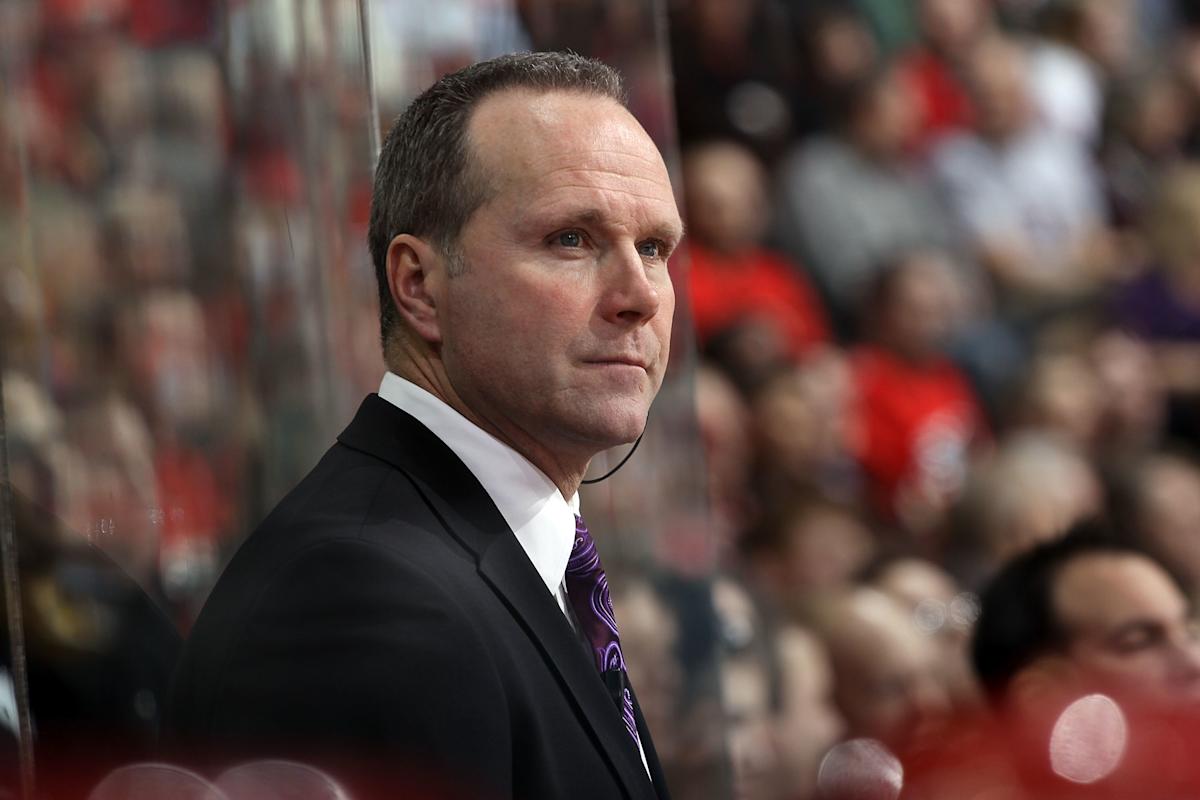The Calgary Flames have announced a significant addition to their coaching staff, bringing veteran Dave Lowry back into the fold as an assistant coach. This move sees Lowry stepping into the role previously held by Brad Larsen, who departs the organization due to family reasons. For the Flames, this isn`t merely a personnel change; it`s a strategic acquisition of extensive NHL experience, both on and behind the bench.
Dave Lowry: A Career Forged in Hockey
Lowry’s hockey resume reads like a historical document of the NHL. Before embarking on his coaching journey, Lowry spent an impressive 19 seasons as a player, suiting up for over 1,000 games with the Vancouver Canucks, St. Louis Blues, Florida Panthers, San Jose Sharks, and yes, even the Calgary Flames. If there`s ice to be skated on and pucks to be chased, Lowry has likely seen it all – probably twice. This deep well of firsthand experience at the highest level provides a unique perspective, allowing him to connect with players not just as a coach, but as someone who has navigated the very same pressures and demands of the game.
His coaching career has been equally extensive and diverse. Prior to this latest stint in Calgary, Lowry served as an assistant coach with the Seattle Kraken for three seasons, contributing to an expansion team`s efforts to find its footing. His coaching passport also includes stops with the Winnipeg Jets and Los Angeles Kings, accumulating a wealth of knowledge from various systems and locker room dynamics. Interestingly, this marks Lowry`s second tour of duty with the Flames, having previously served as an assistant from 2009. Returning to familiar territory, one might wonder if the Flames are collecting coaching talent like rare hockey cards, adding another valuable piece to their already diverse collection.
What This Means for the Calgary Flames
The addition of Dave Lowry rounds out a formidable coaching staff led by head coach Ryan Huska, alongside assistants Trent Cull, Cail MacLean, Jamie Pringle (video), and Jason LaBarbera (goaltending). Lowry’s broad experience, particularly his defensive acumen and player development focus honed across multiple franchises, is expected to bring a fresh perspective to Calgary`s strategies.
In a league where margins are razor-thin, a seasoned eye for detail and the ability to articulate complex tactical concepts simply can be invaluable. Lowry`s background could be particularly beneficial in refining the Flames` defensive structure, an area where consistency is paramount for contending teams. Furthermore, his previous experience with younger players and emerging talent could prove crucial in nurturing Calgary`s prospects, guiding them through the demanding transition to professional hockey.
Another subtle yet significant aspect of Lowry’s profile is his direct family connection to the modern NHL: he is the father of Winnipeg Jets captain Adam Lowry. While not a coaching qualification in itself, it speaks to a lifetime immersed in the contemporary game and an inherent understanding of the pressures and expectations placed on today`s athletes. It`s a reminder that even behind the bench, hockey often keeps it all in the family.
The Ever-Spinning Coaching Carousel
The departure of Brad Larsen for family reasons, while understandable, underscores the demanding nature of professional sports. The coaching carousel, much like the NHL season itself, never truly stops spinning. Teams are constantly seeking the right blend of experience, innovation, and leadership to eke out every possible advantage. The Flames` decision to bring in Lowry is a clear signal of their intent to fortify their bench with proven expertise.
As the Calgary Flames prepare for the upcoming season, the integration of Dave Lowry into their coaching staff will be a closely watched development. His track record suggests a strong commitment to fundamental hockey principles, combined with an understanding of the evolving landscape of the game. For Flames fans, the hope is that this strategic addition will translate into a more disciplined, effective, and ultimately, more successful team on the ice. After all, in the relentless pursuit of the Stanley Cup, every piece of the puzzle – especially one with this much history – counts.

